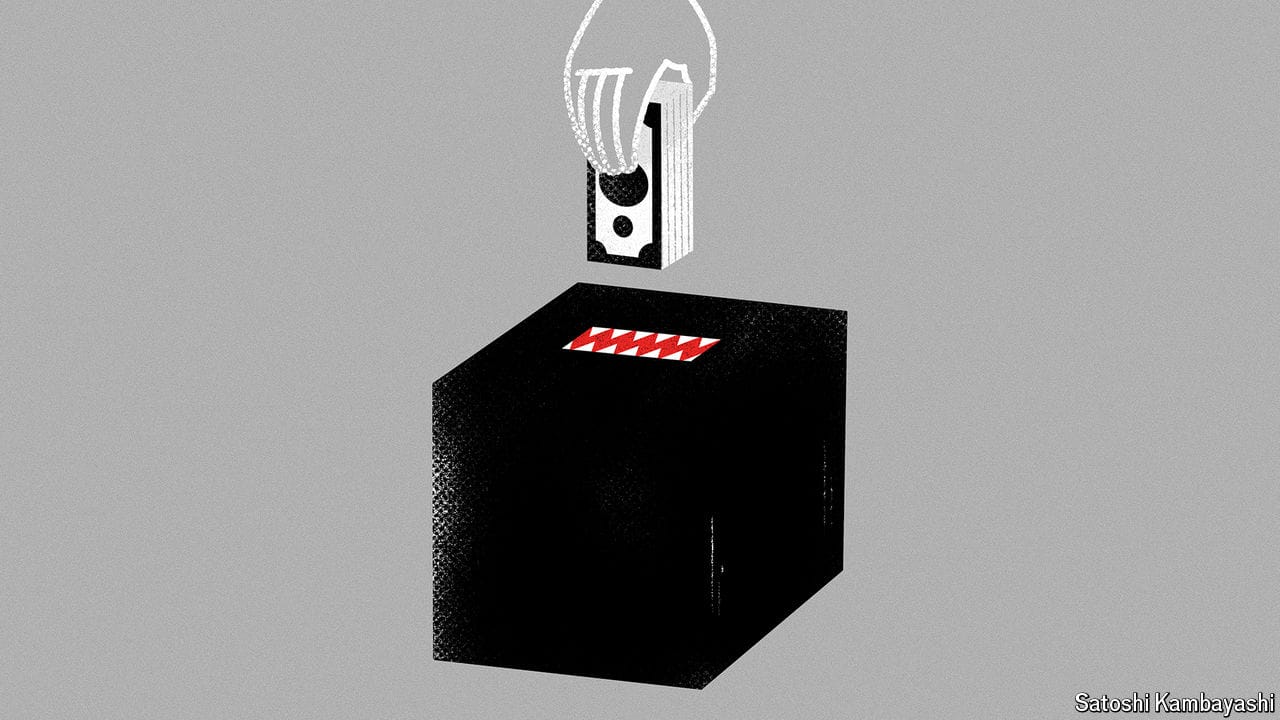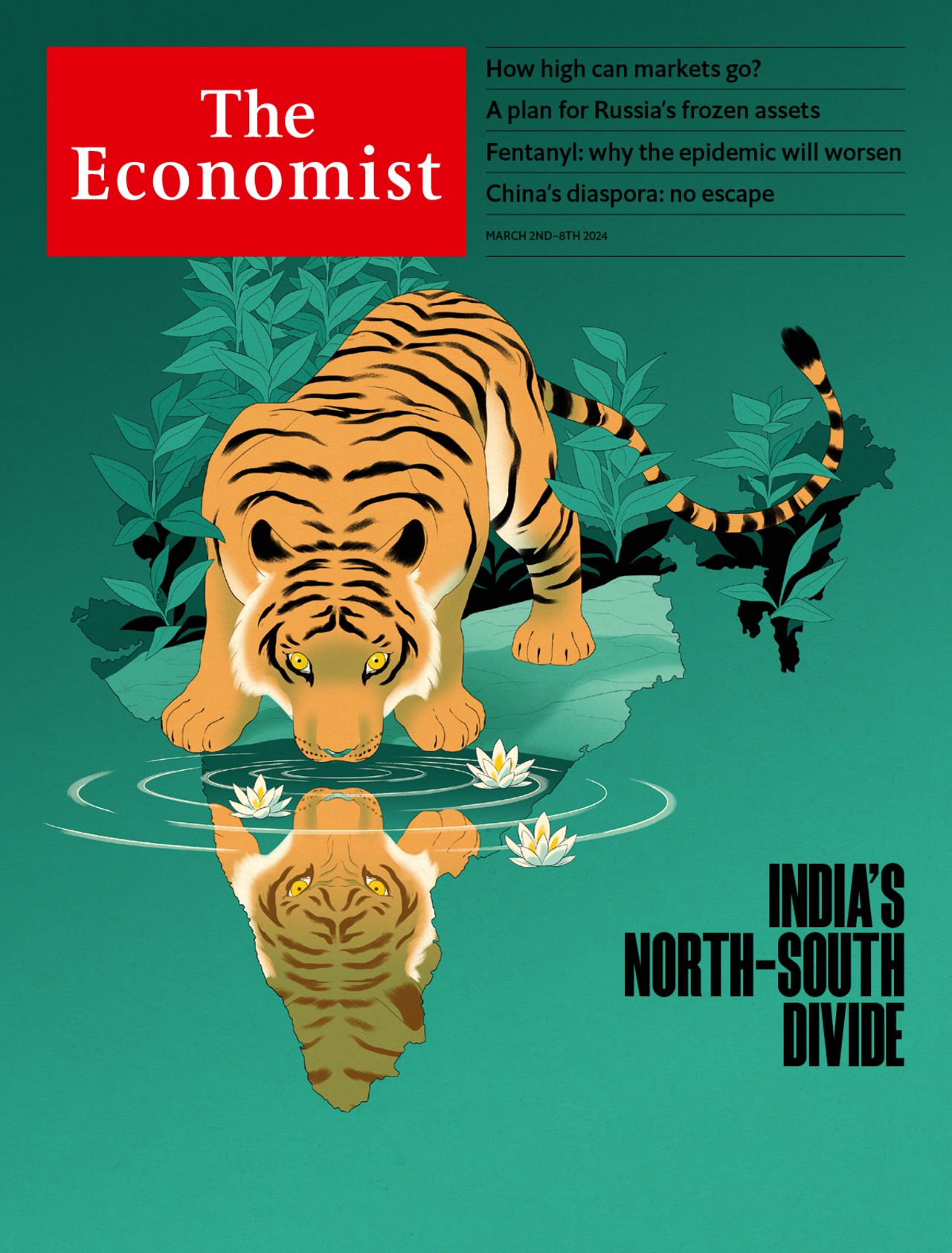Are passive funds to blame for market mania?
They have killed off many of those willing to bet on a downturn

The year is 2034. America’s “magnificent seven” firms make up almost the entirety of the country’s stockmarket. For Jensen Huang, the boss of Nvidia, another knockout quarterly profit means another dizzy proclamation of a “tipping point” in artificial intelligence. Nobody is listening. The long march of passive investing has put the last stockpickers and stock-watchers out of a job. Index mutual and exchange-traded funds (ETFs)—which buy a bunch of stocks rather than guessing which ones will perform best—dominate markets completely. Capitalism’s big questions are hashed out in private between a few tech bosses and asset managers.
In reality, the dystopia will probably be avoided: markets would cease to function after the last opinionated investor turned out the lights. However, that does not stop academics, fund managers and regulators from worrying about unthinking money, especially in times of market mania. After the dotcom bubble burst in 2000 Jean-Claude Trichet, a French central banker, included passive investment in his list of reasons why asset prices might detach from their economic fundamentals. Index funds, he argued, were capable of “creating rather than measuring performance”. America’s red-hot markets have brought similar arguments back to the fore. Some analysts are pointing fingers at passive investing for inflating the value of stocks. Others are predicting its decline.
Explore more
This article appeared in the Finance & economics section of the print edition under the headline “Too efficient”
Finance & economics March 2nd 2024
- Activist investing is no longer the preserve of hedge-fund sharks
- How Trump and Biden have failed to cut ties with China
- Uranium prices are soaring. Investors should be careful
- Stockmarkets are booming. But the good times are unlikely to last
- What do you do with 191bn frozen euros owned by Russia?
- Are passive funds to blame for market mania?
More from Finance and economics

China’s last boomtowns show rapid growth is still possible
All it takes is for the state to work with the market

What the war on tourism gets wrong
Visitors are a boon, if managed wisely

Why investors are unwise to bet on elections
Turning a profit from political news is a lot harder than it looks
Revisiting the work of Donald Harris, father of Kamala
The combative Marxist economist focused on questions related to growth
Donald Trump wants a weaker dollar. What are his options?
All come with their own drawbacks
Why is Xi Jinping building secret commodity stockpiles?
Vast new holdings of grain, natural gas and oil suggest trouble ahead
